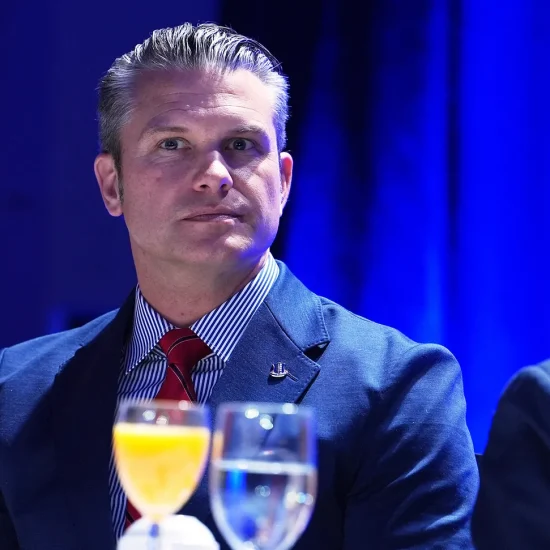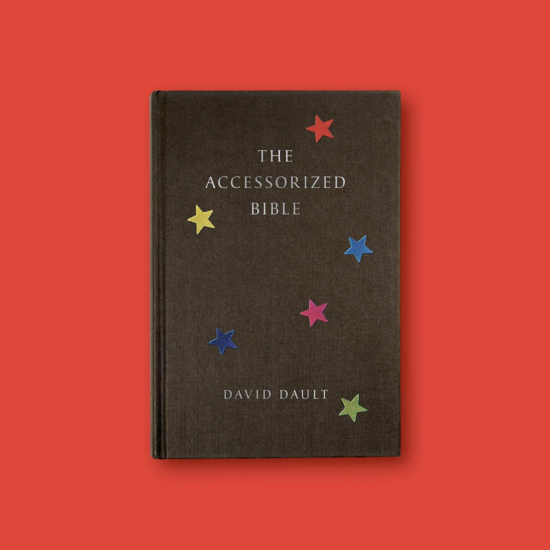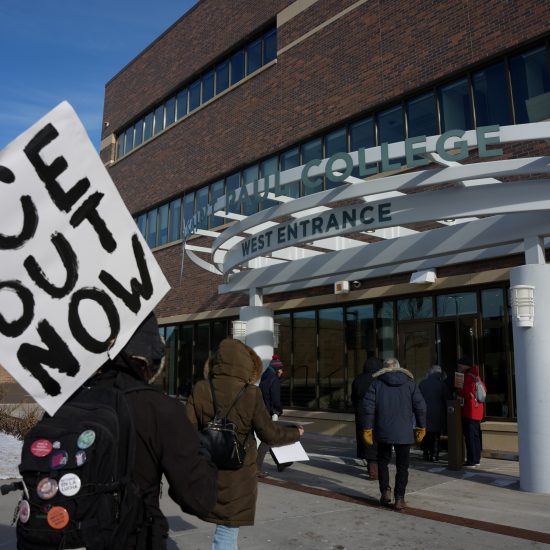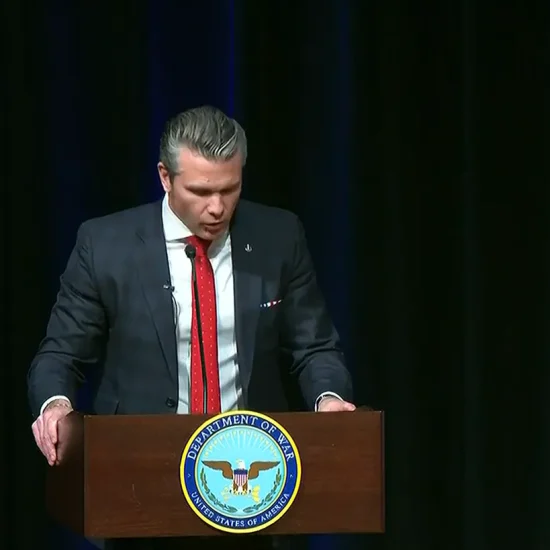
Al Mohler is happy to embrace the term “Christian Nationalist” to describe himself. The longtime president of Southern Baptist Theological Seminary complained last month while interviewing Jewish philosopher Yoram Hazony (author of The Virtue of Nationalism) that “nationalism has been given a bad name.”
“We have the Left routinely speaking of me and of others as Christian Nationalists, as if we’re supposed to be running from that. And you know, I’m not about to run from that,” Mohler declared.
This adoption of the term might surprise a prominent theologian who last year blasted the use of the term “Christian Nationalism” and warned about the dangers of nationalism. That man was none other than … R. Albert Mohler.
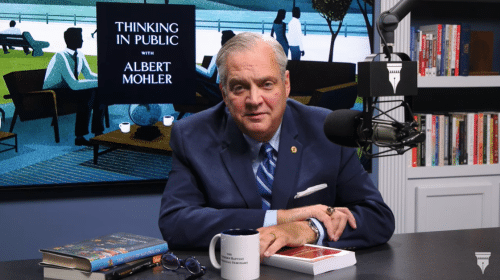
Screengrab as Al Mohler talks about Christian Nationalism with Yoram Hazony on June 15, 2022.
A week after the Jan. 6, 2021, insurrection, Mohler addressed the topic of Christian Nationalism on his podcast The Briefing. Mohler had supported Donald Trump’s reelection and said after the insurrection that if he could go back to November 2020 he would again vote for Trump. But with Capitol windows still broken, Mohler did warn about nationalism.
“We have to understand that nationalism is always a clear and present danger. It’s especially clear in the 20th century when nationalism took various, very deadly forms,” Mohler said just 17 months before complaining about people running from the term nationalism.
Mohler added that he didn’t like the “very loaded term” of “Christian Nationalism,” and he complained about a New York Times article by Elizabeth Dias and Ruth Graham that quoted sociologist Andrew Whitehead talking about Christian Nationalism and the events of Jan. 6. Although Mohler acknowledged he found the report true “in some places,” he criticized the use of the term “Christian Nationalism.”
“What we are seeing is an effort to try to dismiss or to marginalize American evangelical Christianity by identifying it as some form of Christian Nationalism,” he added. “We need to recognize where the critique is appropriate. We also need to recognize where there is an effort to try to silence public Christianity in the United States.”
In an interview the next month on the Issues, Etc. radio program, Mohler insisted the U.S. had Christian roots but still shied away from using the “nationalist” term. After being asked about a New York Times piece that referenced Tony Perkins of the Family Research Council as an example of “Christian Nationalism,” Mohler attacked those using the term.
“I don’t believe it’s fair to dismiss [Perkins] as a Christian Nationalist, but this is what the Left’s doing,” he said. “[The Times] is just dismissing any kind of conservative claim — especially a conservative claim coming from Christians — as just Christian Nationalism.”
“Frankly, most of the writers for the New York Times wouldn’t know Christian Nationalism if it showed up at their door. But it’s the way they can now just dismiss and try to delegitimize any kind of conservative argument,” he added. “To associate American evangelicalism, confessional Protestantism with White Christian Nationalism is just another way to try to dismiss the argument entirely.”
Shifting from criticizing the idea of nationalism and especially Christian Nationalism to embracing the concepts isn’t necessarily a big flip flop for a man who transformed into a Trump apologist after insisting he could never vote for Trump without apologizing to Bill Clinton (spoiler alert: Mohler didn’t apologize). But it’s still a significant evolution, especially as he’s part of a new trend of people embracing the term Christian Nationalism as a badge of honor.
 As theologians and politicians proudly declare this allegiance, it marks a critical shift in the public debate about Christian Nationalism and its dangers to democracy and Christianity. So, in this issue of A Public Witness, we look at the growing trend of people calling themselves a “Christian Nationalist” and consider why this is occurring.
As theologians and politicians proudly declare this allegiance, it marks a critical shift in the public debate about Christian Nationalism and its dangers to democracy and Christianity. So, in this issue of A Public Witness, we look at the growing trend of people calling themselves a “Christian Nationalist” and consider why this is occurring.
NOTE: The rest of this piece is only available to paid subscribers of the Word&Way e-newsletter A Public Witness. Subscribe today to read this essay and all previous issues, and receive future ones in your inbox.

